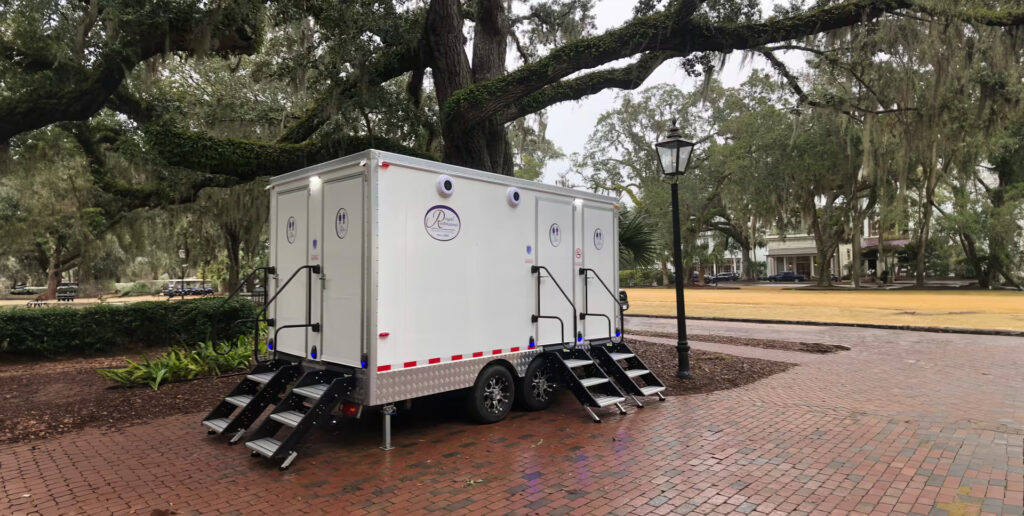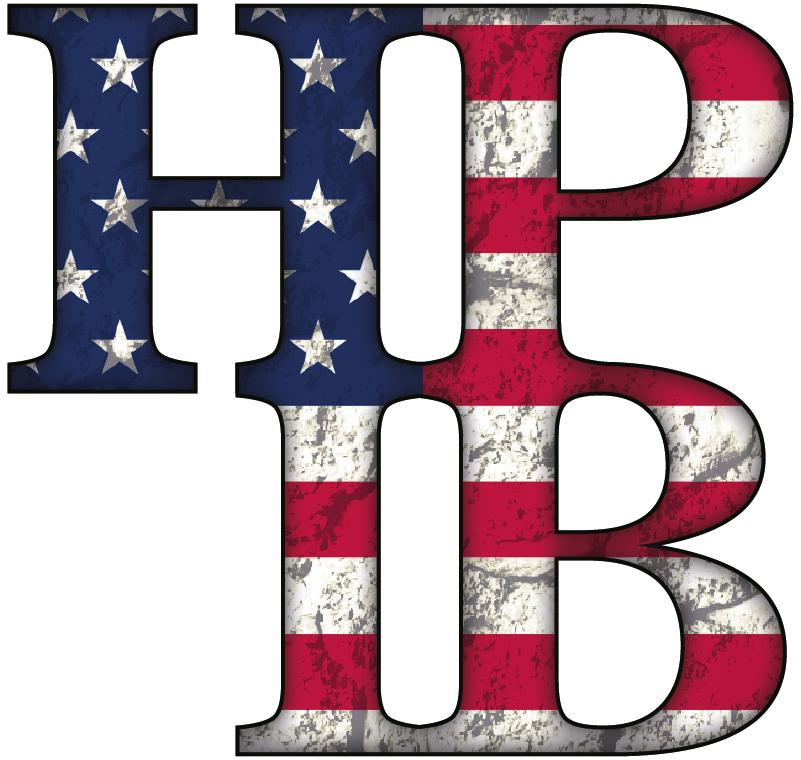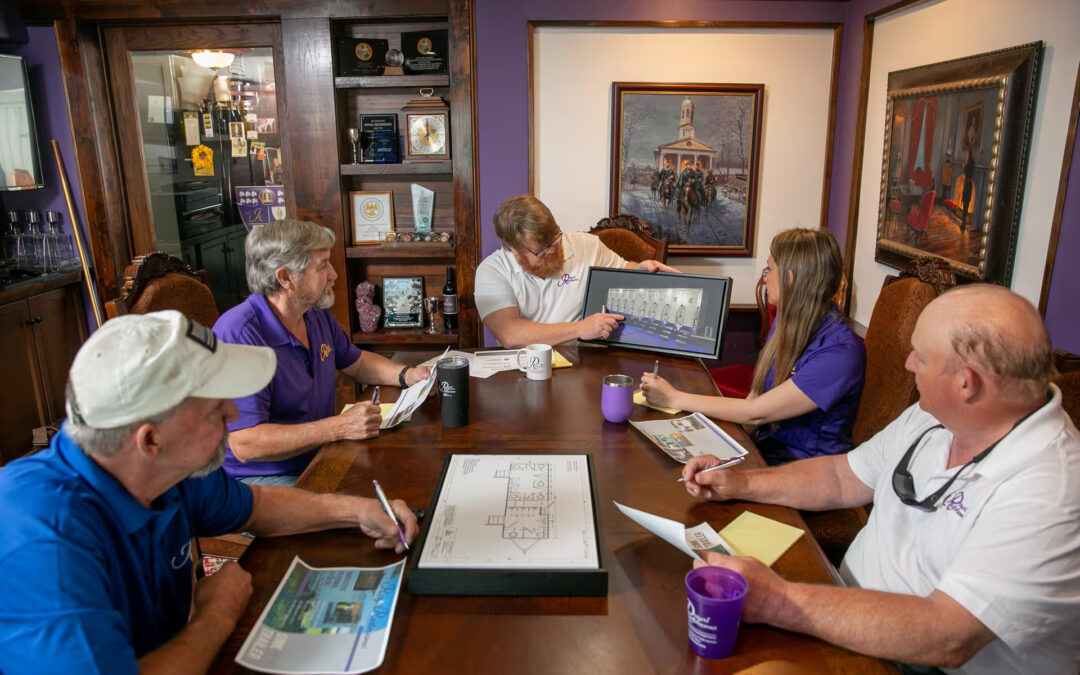Innovation often comes from the most unexpected places. For David Sauers, inspiration struck in a less-than-ideal experience with a portable restroom while potty training his daughter.
That frustrating moment led to the creation of Royal Restrooms, a company that completely redefined the mobile restroom experience.
In an interview with Harlon Pickett, Sauers shared his journey from commercial banking to entrepreneurship, highlighting the risks, rewards, and challenges of building a business from scratch.
His story is not just one of business success but also vision, determination, and an unwavering belief in improving people’s experiences.
Turning an Everyday Problem into a Business Opportunity
Many entrepreneurs come up with ideas that never leave the drawing board, often held back by self-doubt or fear of failure. Sauers was no different—he sat on his idea for over a year, unsure of how to take the leap.
The turning point came during a casual conversation with his soon-to-be business partner, Robert, when they realized they had an opportunity to disrupt an industry that had remained stagnant for decades.
Traditional portable toilets were notorious for being unsanitary, unpleasant, and uncomfortable. But Sauers and his team envisioned something different: a luxurious mobile restroom experience, complete with climate control, modern design, and an overall atmosphere of cleanliness.
The result was Royal Restrooms, a brand that quickly gained traction at weddings, festivals, corporate events, and disaster relief efforts.
The Challenges of Entrepreneurship
Sauers’ transition from commercial banker to entrepreneur wasn’t seamless. He faced skepticism from family and friends who questioned his decision to leave a stable career for an industry that, at first glance, didn’t seem glamorous.
One of the biggest hurdles was convincing people that a high-end mobile restroom service was not just a luxury but a necessity.
Sauers recalls the early days when people were hesitant to pay for better restroom experiences. However, once customers experienced the difference, they became lifelong advocates.
Building a successful business also meant navigating unforeseen legal and structural challenges.
Initially, Royal Restrooms operated under a licensing model. However, after running into regulatory issues, they had to transition into a franchise model, an unexpected but necessary move that would ultimately allow the brand to scale nationwide.

Scaling Through Franchising
What started as a local business in Savannah, Georgia, quickly expanded as demand grew in other states. Today, Royal Restrooms boasts more than 50 locations across the U.S., each operated by independent franchise owners.
This model not only allowed the company to grow but also enabled other aspiring entrepreneurs to own and operate their own successful businesses.
Sauers emphasized the importance of community involvement in growing a business.
From the beginning, Royal Restrooms made it a priority to donate their services to nonprofit events, further embedding themselves in local communities.
This strategy not only provided valuable exposure but also aligned with the company’s mission to improve the quality of life for others.
Branching Out: More Than Just Restrooms
One of the hallmarks of a successful entrepreneur is the ability to spot opportunities beyond their initial venture. Over the years, Sauers has expanded into other niche markets, launching businesses such as:
Pitch Perfect TVs – providing high-definition LED screens for events.
Savannah Bar Carts – offering mobile bar services for festivals and private events.
Kruger Bush Campers – manufacturing durable off-road campers designed for adventurers and overlanders.
Airy Transit Trailers – developing custom and semi-custom trailers to help realize a small business dream or expand an established brand.
Each of these ventures was born out of firsthand experience in the event industry, showcasing Sauers’ ability to identify and fill gaps in the market.
Lessons for Aspiring Entrepreneurs
Sauers’ journey is full of valuable lessons for those looking to step into entrepreneurship. Here are some key takeaways:
Solve a Real Problem: The most successful businesses come from identifying and solving real-world issues. In Sauers’ case, he took something people had resigned themselves to—unpleasant portable toilets—and made it better.
Ignore the Naysayers: Many people will discourage you from taking risks, especially when leaving a stable job. Surround yourself with those who believe in your vision.
Community Matters: Giving back and being actively involved in your community can build goodwill, expand your reach, and help establish your brand.
Be Adaptable: Business doesn’t always go as planned. From unexpected legal hurdles to market changes, being flexible and willing to adjust is crucial.
Think Long-Term: Entrepreneurship is a marathon, not a sprint. Building a sustainable business requires patience, resilience, and a commitment to continuous improvement.
A Legacy of Innovation
David Sauers’ story is a testament to the power of entrepreneurship and the ability to change an industry with one great idea.
From redefining mobile restrooms to exploring new business ventures, his career has been one of consistent innovation and bold decision-making.
For those looking to follow in his footsteps, the message is clear: If you see an opportunity, take the leap. With vision, perseverance, and the right mindset, success is within reach.
Whether it’s transforming how people experience public restrooms or finding new ways to enhance events, Sauers has proven that even the most unexpected ideas can lead to groundbreaking businesses.

